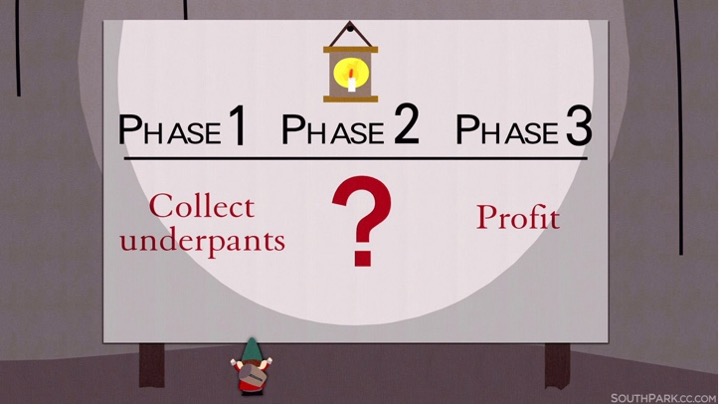Key Points:
- A study that did not directly measure heart disease risk in humans claims to have discovered the amount of protein intake governing heart disease risk.
- Fourteen studies directly measuring heart disease risk have shown that high protein intake does not influence heart disease risk.
A recent study led by University of Pittsburgh scientists made headlines for allegedly identifying the amount of protein intake necessary to increase cardiovascular disease (CVD) risk. These headlines, saying that a high protein intake may lead to heart disease, triggered widespread panic on various online platforms. The study supports the idea that people who eat too much protein will meet an early death due to CVD. However, a previous analysis of 14 studies showed that high protein intake has no effect on CVD-related death.
In contrast to these 14 studies, the University of Pittsburgh researchers did not measure CVD risk in humans. Rather, they surmised a high-protein diet could increase CVD rates based on animal experiments. The animals in the study were mice specifically engineered to readily develop atherosclerosis — a form of heart disease involving the buildup of plaques in the arteries. When these mice consumed 46% of their calories from protein, they had larger artery plaques. While these results could translate to humans, there are no studies to confirm this.
Additionally, the University of Pittsburgh researchers performed two human experiments, but again, they did not directly measure CVD risk. Instead, they measured the activation of mTOR, a signaling molecule activated by proteins that regulate biological processes like growth. When mTOR is activated, autophagy — the process our cells use to get rid of cellular waste — is turned off. It was hypothesized that high-protein triggers CVD by activating mTOR and reducing autophagy.

Indeed, this is what the researchers found. When the study’s participants consumed high amounts of protein (50% of their calories in one experiment and 22% in the other), mTOR was activated and autophagy was turned off. That’s it though. There were no further measurements taken from the participants. According to a mouse study done by the same group of scientists, this reduction in autophagy leads to dysfunctional mitochondria within existing artery plaques, contributing to worsening atherosclerosis. Still, there is a lack of studies confirming this by other research groups.
Doctors and Scientists Agree
Physician scientist, Gil Carvalho, M.D., Ph.D., has expressed his doubts about the study. New Zealand physician Brad Stanfield, M.D., has also pointed out the flaws of this study, especially since he advocates for a high-protein diet. Stanfield refers to the heaps of research showing that CVD risk can be greatly reduced with exercise. Similarly, the research of scientists like Dudley Lamming, Ph.D., suggests that CVD risk associated with high protein intake can be mitigated by resistance exercise, such as weightlifting. This is important considering that most individuals who consume high amounts of protein do so to build muscle in response to weightlifting.
With that being said, consuming incredibly high levels of protein like the amount consumed by the mice in the University of Pittsburgh study, which amounts to about 290 grams of protein per day on a 2,500-calorie diet, may not be necessary, especially for individuals who do not regularly perform some form of resistance exercise. Furthermore, the findings of the University of Pittsburgh researchers should be taken into consideration. Their study was well done but the results were just overhyped. Based on their study, it is possible that some individuals, especially those who do not exercise, may develop worsening atherosclerosis upon consuming very high levels of protein.